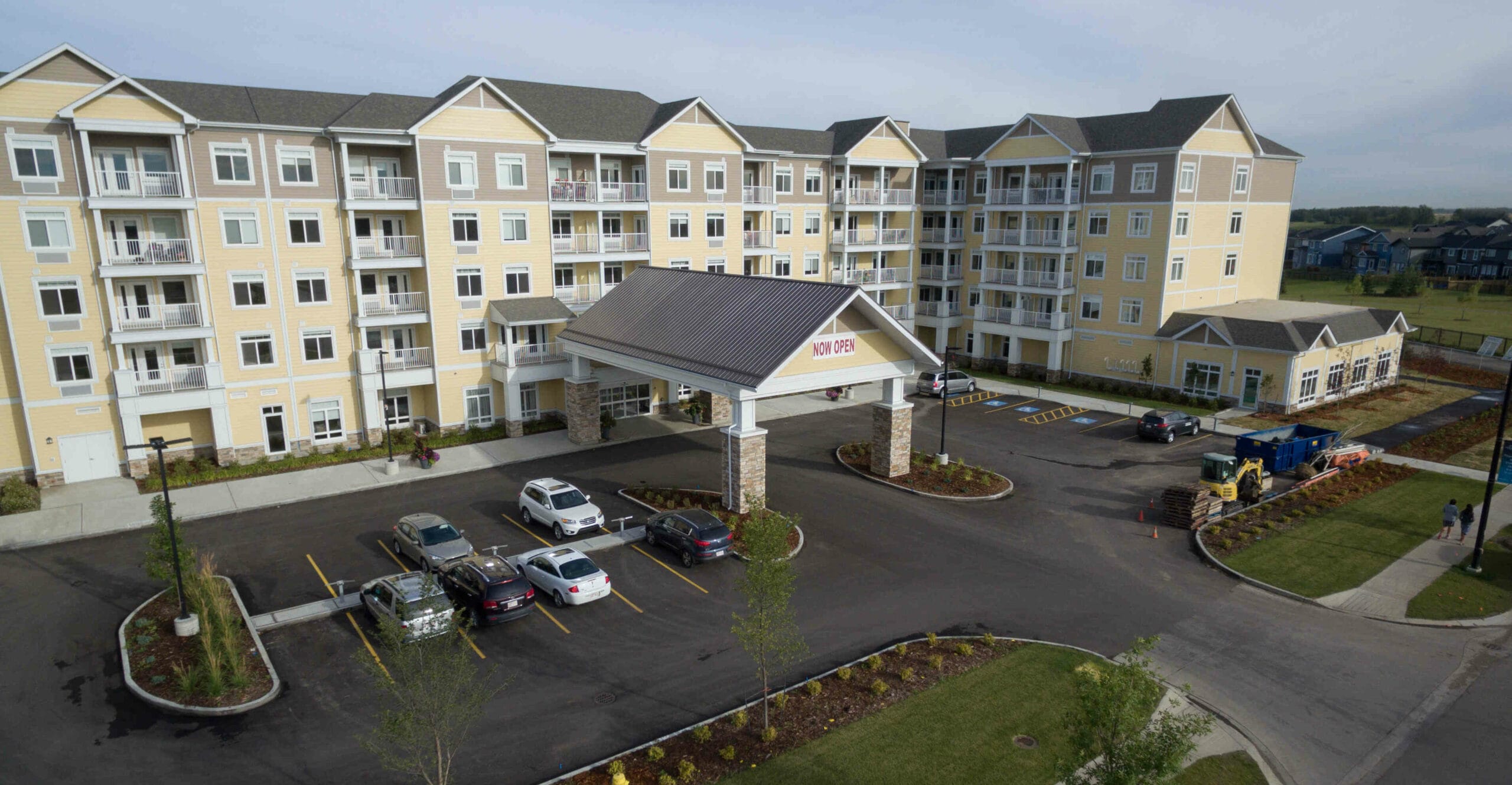Everitt Lab, a $55 million renovated state-of-the-art facility at the University of Illinois Urbana-Champaign (UIUC), is driving bioengineering innovation. Home to 20 bioengineering research groups, the lab fosters collaboration and groundbreaking research in areas like synthetic biology, computational systems biology, and tissue engineering. Its LEED Gold certification demonstrates UIUC’s commitment to sustainability alongside cutting-edge research and educational spaces. The legacy of Dean William Everitt, a visionary educator who reshaped engineering education after WWII, lives on in this transformed lab, now a hub for training the next generation of healthcare innovators.
The Evolution of a Bioengineering Powerhouse
Originally known as Engineering Hall and housing the Department of Electrical and Computer Engineering, the building was renamed Everitt Lab in 1988 to honor Dean William Everitt. His transformative influence on post-WWII engineering education laid the groundwork for the innovative spirit that now defines the lab. A $55 million renovation, completed in 2018 and funded in part by a $20 million gift from the Grainger Foundation through its Grainger Breakthroughs Initiative, propelled Everitt Lab into the 21st century. This transformation created a space where discoveries are made and future bioengineers are nurtured, providing modern research labs, instructional areas, and offices designed to foster collaboration and spark new ideas.
Cutting-Edge Research at the Heart of Healthcare
Everitt Lab now houses the Department of Bioengineering and the Carle Illinois College of Medicine Jump Simulation Center. This interdisciplinary environment fosters collaboration between bioengineers, medical professionals, and researchers from other fields, enriching the research and learning experience. The lab’s central location on the UIUC campus further facilitates these collaborations, encouraging cross-pollination of ideas for tackling complex problems with creative solutions. Some experts believe this type of collaborative ecosystem is essential for driving true innovation in bioengineering.
The lab’s 20 faculty research groups specialize in diverse areas:
- Synthetic Bioengineering: Researchers are exploring the creation of new biological systems and functions, potentially revolutionizing areas like biofuel production and targeted drug delivery. Ongoing research suggests promising applications in creating artificial organs and designing new biological machines for various medical applications.
- Computational & Systems Biology: Using advanced computational tools, researchers model complex biological processes to understand disease mechanisms and develop targeted therapies. This research may lead to more effective treatment strategies for a range of diseases.
- Molecular, Cellular, & Tissue Engineering: This research focuses on building and repairing tissues and organs, offering hope for patients with injuries or diseases requiring tissue regeneration. Scientists are exploring new biomaterials and techniques for growing replacement tissues and organs in the lab.
- Bioimaging: Advanced imaging techniques allow researchers to visualize biological processes at the cellular and molecular levels, providing crucial insights into the complexities of living systems. This research may lead to new diagnostic tools and a deeper understanding of disease progression.
- Bio-micro & Nanotechnology: Scientists are working at the nanoscale to create tiny biological machines for applications like drug delivery, diagnostics, and targeted therapies. This field holds immense potential for revolutionizing medicine and healthcare.
Sustainability and Impact: Building a Better Future
Everitt Lab’s LEED Gold certification reflects UIUC’s commitment to sustainability, showcasing how scientific progress and environmental responsibility can go hand-in-hand. The building incorporates energy-efficient systems, water conservation measures, and sustainable site development practices. This dedication to sustainable design and construction sets a precedent for environmentally conscious research facilities. Explore the FSI Blogs for more information on sustainability in research and other global trends.
The impact of Everitt Lab extends beyond its walls. The research conducted within the lab has the potential to transform healthcare, leading to new treatments for currently incurable diseases and a deeper understanding of the human body. The lab also trains future generations of bioengineers, providing them with hands-on experience in state-of-the-art facilities. This practical training, combined with the lab’s collaborative atmosphere, prepares graduates for successful careers in academia, industry, or entrepreneurial ventures.
The Future of Bioengineering at Everitt Lab
While the current research at Everitt Lab is producing exciting results, the field of bioengineering is constantly evolving. Ongoing research in areas like synthetic biology and tissue engineering continues to reveal new insights into the complexities of living systems, suggesting that even greater breakthroughs are on the horizon. Everitt Lab embodies the spirit of ongoing exploration and discovery that defines bioengineering, offering a glimpse into the future of healthcare and beyond. It’s a space where researchers aren’t afraid to push the boundaries of knowledge, constantly seeking answers to some of the most challenging questions facing humanity.
- China II Review: Delicious Food & Speedy Service - April 17, 2025
- Understand Virginia’s Flag: History & Debate - April 17, 2025
- Explore Long Island’s Map: Unique Regions & Insights - April 17, 2025
















